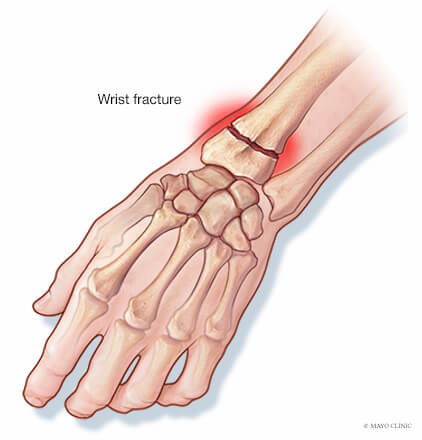The nurse is planning preoperative care for a client who has a fractured wrist. Which of the following should the nurse include in the client's plan of care?
Bathroom privileges after premedication
Drink 8 oz of water
Preoperative diazepam 30 minutes before surgery
Enema administration
The Correct Answer is C
Choice A reason:
Bathroom privileges after premedication are not typically restricted unless the premedication impairs the client's ability to ambulate safely. However, it is important to ensure that the client does not fall or injure themselves due to the effects of the medication.
Choice B reason:
Drinking 8 oz of water is generally not advised immediately before surgery due to the risk of aspiration during anesthesia. Clients are usually instructed to fast, which includes not drinking any liquids, for a certain period before surgery.
Choice C reason:
Preoperative diazepam may be administered 30 minutes before surgery to help reduce anxiety and induce sedation. Diazepam is a benzodiazepine that can calm the client and facilitate a smoother induction of anesthesia.
Choice D reason:
Enema administration is not a standard preoperative procedure for a client undergoing a cholecystectomy unless there is a specific indication. The primary focus is on preventing infection and managing pain.

Nursing Test Bank
Naxlex Comprehensive Predictor Exams
Related Questions
Correct Answer is B
Explanation
Choice A Reason:
While performing range of motion exercises is important for maintaining joint function and preventing stiffness, it is not the first action a nurse should take. Range of motion exercises should only be performed after ensuring that there is no compromise in circulation or nerve function.
Choice B Reason:
Checking capillary refill is the correct first action. This quick test assesses the blood flow to the extremity and can indicate if there is any vascular obstruction. A delayed capillary refill time, which is more than 2 seconds, could signify compromised circulation and necessitate immediate intervention.
Choice C Reason:
Discussing cast care is important for client education and preventing complications such as skin breakdown and infection. However, it is not the first priority. The nurse should first ensure the client's physiological stability before providing education.
Choice D Reason:
Managing pain is a critical component of nursing care, especially for clients with fractures. However, the assessment of circulation takes precedence over pain management. Once it is established that there is no immediate threat to the limb's viability, pain management should be addressed promptly.
Correct Answer is C
Explanation
Choice A reason:
Disinfecting equipment contaminated with blood or body fluids is crucial to prevent the spread of infection, but the specific time frame of twenty-four hours is not standard practice. The Centers for Disease Control and Prevention (CDC) recommends cleaning and then disinfecting surfaces or objects that may be contaminated, using a disinfectant registered by the Environmental Protection Agency (EPA) and following the manufacturer's instructions for use.
Choice B reason:
Burning soiled dressings is not a recommended practice due to environmental concerns and potential health risks associated with burning medical waste. Instead, soiled dressings should be disposed of properly in accordance with local regulations for biohazardous waste.
Choice C reason:
Good household cleaning practices are essential for preventing the spread of infection, especially for individuals with compromised immune systems, such as those with AIDS. Regular cleaning and disinfecting of frequently touched surfaces can help reduce the risk of infection.
Choice D reason:
The statement "Food preparation is not your responsibility" is not an appropriate discharge instruction. Patients with AIDS should be informed about safe food handling practices to prevent foodborne illnesses, which they are at higher risk for due to their weakened immune systems.
Whether you are a student looking to ace your exams or a practicing nurse seeking to enhance your expertise , our nursing education contents will empower you with the confidence and competence to make a difference in the lives of patients and become a respected leader in the healthcare field.
Visit Naxlex, invest in your future and unlock endless possibilities with our unparalleled nursing education contents today
Report Wrong Answer on the Current Question
Do you disagree with the answer? If yes, what is your expected answer? Explain.
Kindly be descriptive with the issue you are facing.
